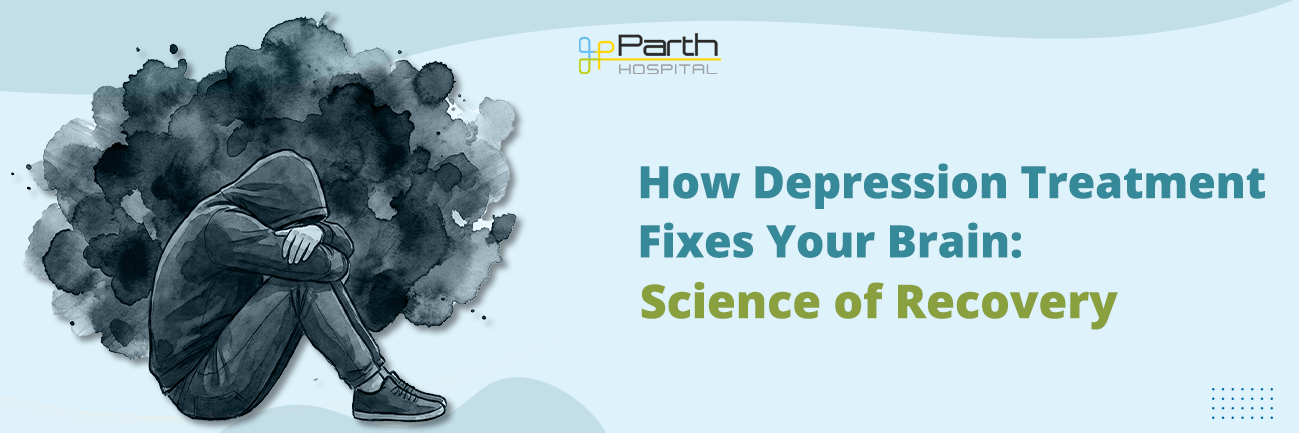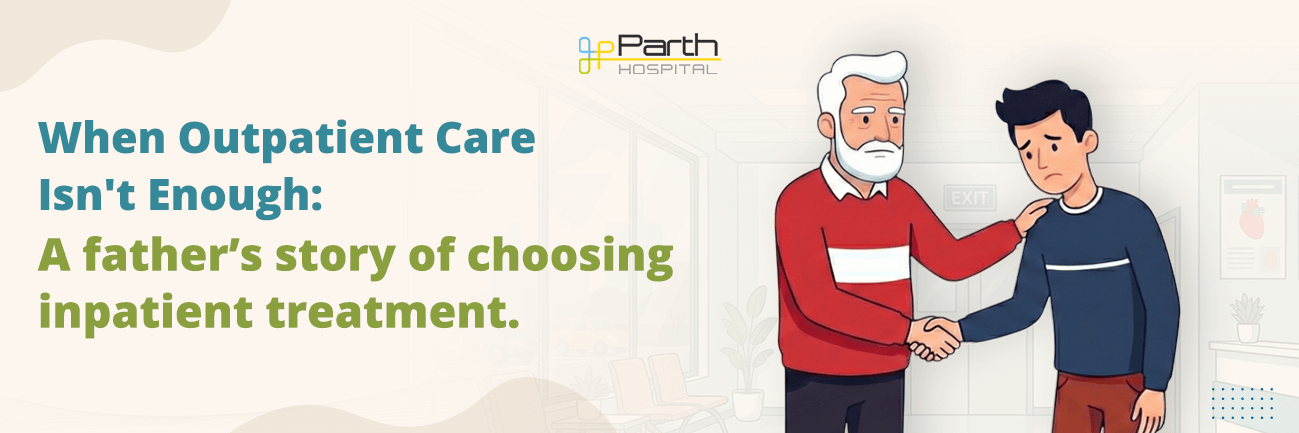Informed Decisions is a practice and concept with the potential to advance wellness and recovery in mental health care.
Definition: A decision based on facts or information
A term to describe a process designed to help patients understand the nature of the disease or condition being addressed; understand the clinical service being provided including benefits, risks, limitations, alternatives and uncertainties.
So, while making any informed decisions regarding your or your loved one’s mental health care treatment, there are some questions that one should ask to Psychiatrist or mental health specialist. Here we have gathered a few questions to learn about asking the right questions to your psychiatrist.
What are informed decisions?
In medicine, informed decisions are pivotal in creating the doctor-patient relationship.
The ability to ask relevant questions regarding the illness and the various therapeutic options to gather all facts is the basis for making informed decisions.
Why we don’t ask enough questions?
Asking questions is often considered rude in our society. It makes us feel dumb, inadequate and out of place.
For some, the childhood experience of being shot down for asking an innocent question or being humiliated leads to the development of a submissive attitude or low confidence.
For others, it translates into anger, especially towards an authority figure.
How does it affect my life?
When dealing with challenging situations or problems which require a deeper understanding, both (submissive or angry) forms of thinking can create significant road blocks.
A submissive person might not ask the relevant questions, thus critically limiting the understanding of the topic.
A rebel person might make it a power struggle disregarding even sound and relevant advice, especially when it comes from someone in authority.
What happens when I don’t ask the right (enough) questions to my doctor?
When dealing with clinical situations, patients may be asked to choose from a range of clinical options.
Asking the right questions (even plenty of them) is the only way to make a more informed decision.
We all want to make “informed decisions”. But informed decisions can be made only with relevant data. Asking the right questions, is the first step in making informed decisions.
How to ask the right question?
A good question/s should be structured in the following manner:
Know your purpose
- Don’t get distracted
- Ask questions to gain facts and opinions of your doctor
- Try to know more about your illness and ask relevant questions
Start by listening
- Be a good listener
- Ask questions the other person will enjoy answering
Interrupt wisely
- Don’t worry about asking the wrong question
- Not asking enough is more detrimental to building a relationship than asking multiple questions
That being said, the question needs to be asked in the right tone and with respect.
Use the right wording
- Keep the questions open-ended
- Be ready to be surprised
- Avoid leading questions and use a neutral tone instead
- Keep them open-ended and be ready to be surprised
- Prevent hinting at your opinion or the answer you’d like to get
Build a hierarchy
- Follow general questions with specific ones
- Focus on one question at a time
- Use the previous answer to ask the next question
- This will help the conversation to flow more naturally
So, to sum it up
- Never hesitate to ask questions.
- Organise your thought process.
- Structure your questions to gain maximum information.
- Don’t let your preconceptions affect the information-gathering process.
- Respect the doctor for his experience and time.
- The more you know about the illness, the better your decisions will be.
If you need any help or need to consult our specialists, contact us or drop us a message.







